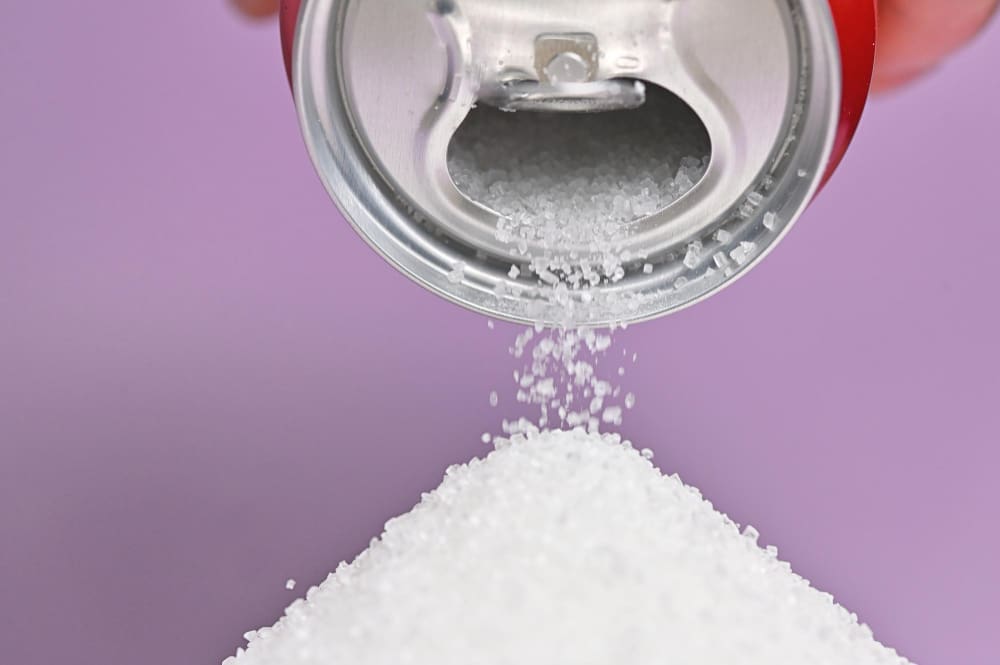According to a study published in Nature Medicine, nearly 10% of new type 2 diabetes cases and over 3% of cardiovascular disease cases worldwide in 2020 were linked to the consumption of drinks with added sugar. This study, covering data from 184 countries, highlights the substantial impact of sugary beverages on global health.
The Global Dietary Database, which compiles data from nearly three million individuals across 118 countries, serves as the foundation for these findings. Researchers used this information to understand consumption patterns of sugary drinks, defined as those with added sugars and more than 50 calories per eight-ounce serving. Notably, the research excluded beverages like pure fruit juices and artificially sweetened drinks.
On average, people consume over two and a half eight-ounce servings of sugary drinks weekly, though this varies by region. South Asia, for instance, reports lower consumption rates, while Latin America sees higher averages. Such variations highlight the global challenge of addressing sugary beverage intake to mitigate health risks.
The study estimates that sugary drinks contributed to 2.2 million type 2 diabetes cases and 1.2 million cardiovascular cases worldwide, leading to notable increases in disease-related deaths. Specific countries, including Mexico, Colombia, and South Africa, experienced higher rates of these health issues due to sugary drink consumption. Globally, men, younger individuals, and those living in urban areas are particularly at risk.
This concerning rise in disease cases underscores a broader trend from 1990 to 2020, especially noticeable in sub-Saharan Africa, where diabetes cases linked to sugary beverages increased by 1.3%. While there is a slight global decrease in heart disease cases associated with sugary drink consumption, the overall trend demands urgent intervention.
While the study provides crucial insights, it acknowledges limitations such as reliance on survey data, which may introduce inaccuracies. The exclusion of sweetened teas and difficulty in capturing all beverage types, especially in diverse regions, may slightly skew results. These limitations do not diminish the study’s message about the dangers of sugary drink consumption but highlight the need for comprehensive data collection.
Experts emphasize the need for strategic public-policy efforts to curb sugary drink intake globally. Dr. Cheng-Han Chen, a cardiologist, points out the necessity for targeted policies based on regional consumption patterns, supporting better health outcomes. On an individual level, nutritionists advocate for avoiding calories through beverages, suggesting healthier alternatives like water and unsweetened teas as substitutes.
The evidence linking sugary drinks to severe health risks is clear. Addressing consumption patterns through strategic public policies and individual choices is essential to curtail the impact of sugar-sweetened beverages on global health.
Source: MedicalNewsToday








